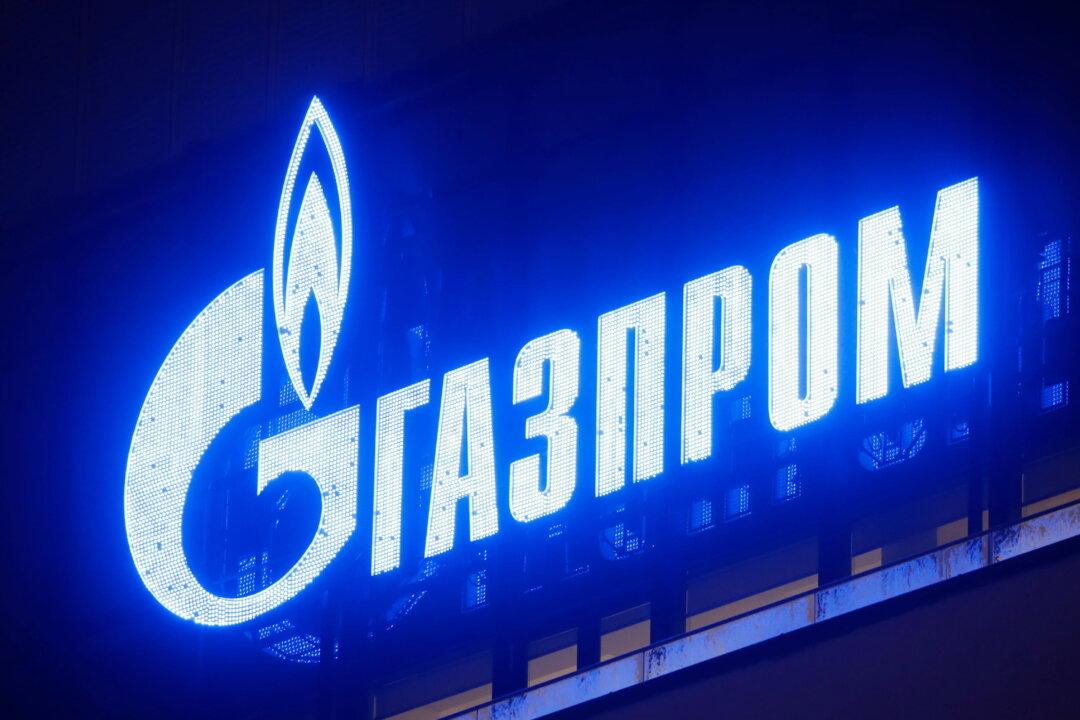The CEO of Russia’s energy giant Gazprom has warned that energy supplies will be halted if Europe imposes price caps on Russian natural gas exports.
“Such a one-sided decision is of course a violation of existing contracts, which would lead to a termination of supplies,” Gazprom CEO Alexei Miller said on Russian TV on Sunday, Reuters reported.




